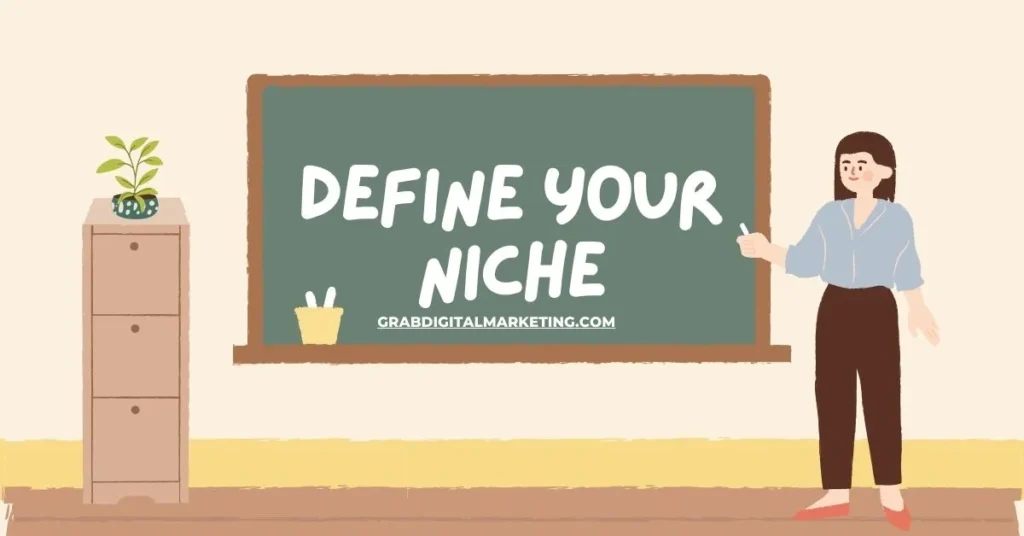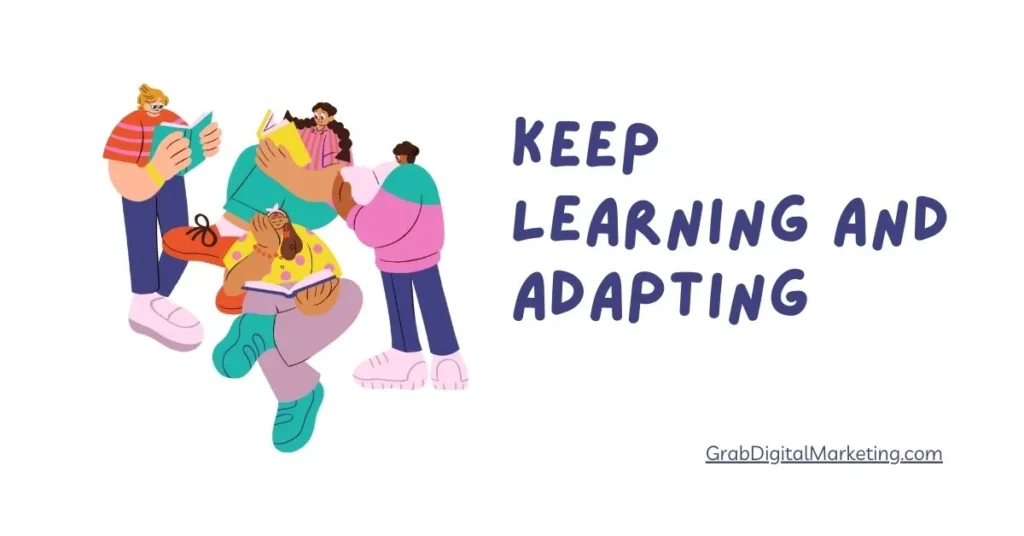Freelance digital marketing offers flexibility and independence, allowing professionals to work with multiple clients and industries. To start, build expertise in areas like SEO, social media marketing, content creation, and paid advertising. Create a portfolio showcasing your skills and past work to attract clients. Networking is crucial—engage with industry professionals on LinkedIn, attend webinars, and join freelance platforms like Upwork or Fiverr. Set competitive pricing based on market rates and your experience.
Table of Contents
Build Your Skills

- Learn the fundamentals of digital marketing, including SEO, content marketing, social media marketing, email marketing, and PPC (Pay-Per-Click) advertising.
- Platforms like Google Digital Garage, Coursera, and HubSpot Academy offer free and paid courses.
- Stay updated on marketing trends and tools like Google Analytics, Ahrefs, Canva, and Hootsuite.
Building your skills is key to personal and professional growth. The future of work demands adaptability, making continuous learning essential. Online courses, certifications, and workshops offer structured learning, while self-study through books, podcasts, and articles broadens perspectives. Practical application solidifies knowledge—working on real-world projects or internships enhances expertise. Soft skills like communication, leadership, and problem-solving are equally vital, complementing technical abilities.
Create a Portfolio

- Start with personal projects or offer your services for free or at a low cost to friends, family, or small businesses. This will help you showcase your skills and build credibility.
- Highlight your results—like increased website traffic, improved engagement, or higher sales—to demonstrate your expertise.
Define Your Niche

- Decide whether you want to focus on specific industries (like e-commerce, health, or education) or platforms (like Instagram or LinkedIn marketing).
- Specializing can make you stand out in the crowded freelance market.
Defining your niche is essential for standing out in any field. A niche is a specialized area where you can excel, making your skills, brand, or business distinct. To find yours, start by identifying your strengths, interests, and market demand.
Find Clients

- Use platforms like Upwork, Fiverr, Freelancer, or LinkedIn to connect with potential clients.
- Pitch your services directly to local businesses or startups that could benefit from an online presence.
- Leverage social media to showcase your work and attract clients.
Set Your Rates

- Research market rates to decide whether you’ll charge hourly, per project, or on a retainer basis.
- Start modestly, and as you gain more experience and results, you can increase your rates.
Setting your rates is a crucial step in valuing your skills and ensuring fair compensation. Start by assessing industry standards—research what professionals in your field charge for similar services. Factor in experience, expertise, and demand to position yourself competitively.
Establish a Strong Online Presence

- Create a professional website showcasing your portfolio, testimonials, and services.
- Maintain active social media profiles, especially on platforms where your target audience spends time.
Deliver Outstanding Results
- Communicate clearly and consistently with your clients.
- Always go above and beyond to provide value, as satisfied clients will often bring you referrals.
Delivering outstanding results requires a mix of strategy, commitment, and continuous improvement. Setting clear goals and defining success metrics ensures focused efforts. Efficiency plays a key role—prioritizing tasks, managing time effectively, and leveraging technology for productivity boosts performance.
Keep Learning and Adapting

- The digital marketing landscape is ever-evolving, so continuous learning is key.
- Experiment with new tools and strategies to stay ahead of the curve.
Lifelong learning and adaptability are essential in a rapidly evolving world. To stay relevant, individuals must embrace curiosity, seek new knowledge, and refine their skills continuously. Learning extends beyond formal education—online courses, industry insights, books, and mentorship play a crucial role in personal and professional growth.




